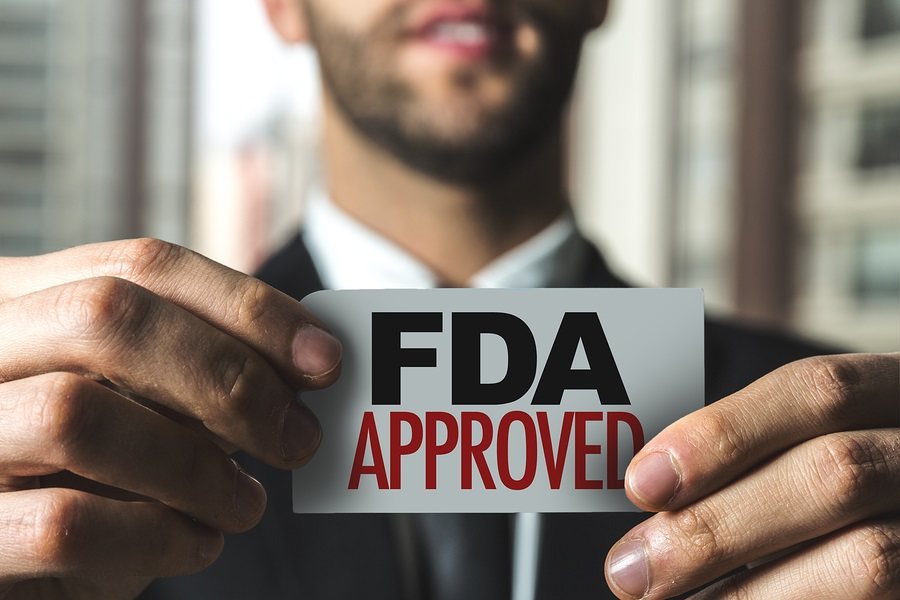Federal Government Works with Pharmaceutical Companies to Prevent Natural Cures
In the United States today, the federal government controls which substances can be used to treat diseases, and which ones cannot. In general, only pharmaceutical drugs which can be patented are allowed. In many cases, either the FDA decides certain health claims about natural substances are invalid and bans it, or the DEA claims certain plants, such as cannabis, are illegal, jeopardizing both use and research. The FDA’s best and most high paying customers are in the pharmaceutical business, which pays the FDA over $2 million per licensing fee to accept its own testing proving efficacy and safety. The FDA only reviews the pharmaceutical industry’s testing. But several independent researchers have determined most pharmaceutical tests are at best not quite right and sometimes totally fraudulent. In other words, the FDA protects the pharmaceutical industry, not its customers.





